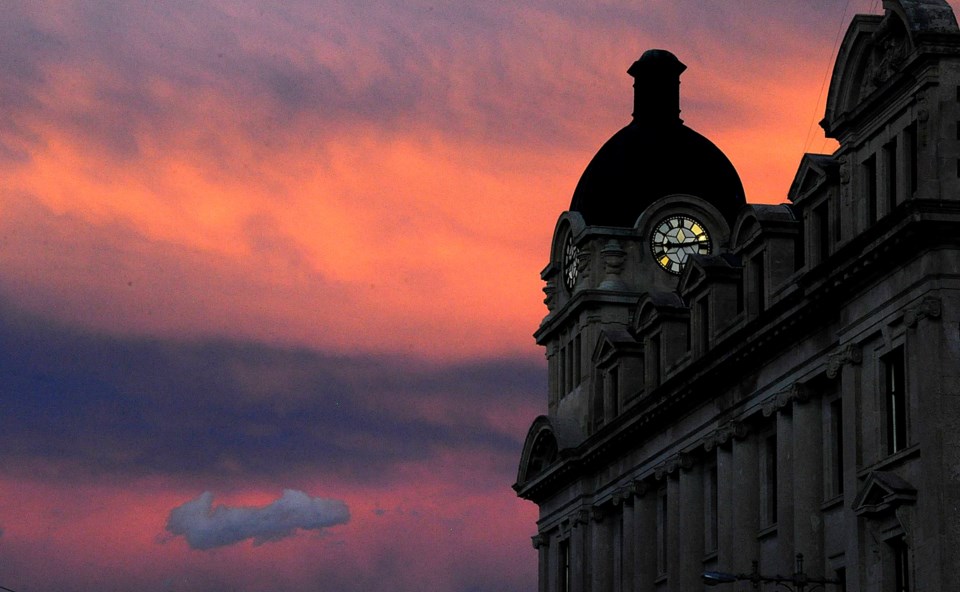Replacing cast iron water mains is paying dividends for the City of Moose Jaw, as the number of water main breaks continues to decline or remains the same compared to previous years.
There were four breaks from October to December 2022, compared to seven breaks during the fourth quarter in 2021, a city council report said. Meanwhile, there were 55 total breaks last year, compared to 54 in 2021.
Q4 of 2022 was also when the municipality completed phase VII of the cast iron water main replacement program and finished all deficiency inspections.
“This year has been very good so far,” city manager Jim Puffalt said during the March 13 council meeting. “We found out (recently) that we’ve had four water breaks (in Q1 2023) versus 18 last year at this time. So, some good progress.”
Puffalt added it’s too soon to tell how many water main breaks could occur in the first and second quarters because city hall is still waiting for the frost to leave the ground.
Coun. Crystal Froese expressed appreciation for how well the cast iron water main replacement program was working.
“It’s good to see our water main breaks are plateauing, if not going down this year,” she said. “That’s a bit of a relief as we carry on with that project.”
HotSpot parking app
The municipality has contracted the HotSpot parking app for nearly two years, giving motorists an alternative way to pay for downtown parking.
In Q4 2022, the city netted $16,021.23 in revenue through the app for vehicle parking. Meanwhile, after launching the app for transit users last September, the city netted $7,478 from bus riders during the year’s final three months.
With data now available, Froese wondered if city administration could compare how much money the city was receiving from the app versus actual coins in parking meters.
Ten per cent of all parking revenues come from the HotSpot app, while 90 per cent still comes from physical meters, said Darrin Stephanson, director of public works. Meanwhile, he did not have similar transit data since the app was still a new service.
“It looks like a pretty good amount (of people) that have signed onto the transit app, which is pretty promising,” said Froese.
Those numbers are promising, and while the app for transit is still relatively new, city hall hopes to see it grow, replied Stephanson.
The next regular council meeting is Monday, March 27.




